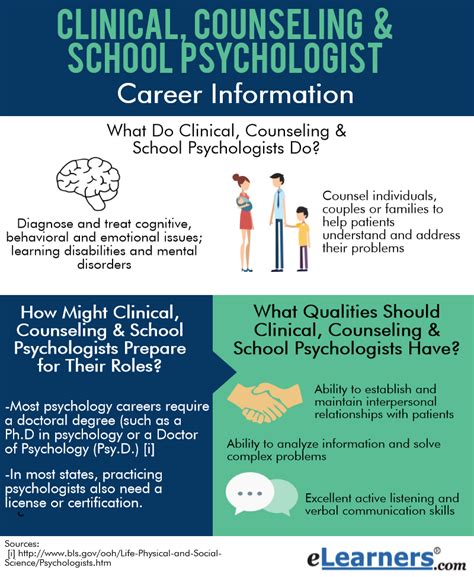Aspiring physicians with a psychology degree may wonder if they can apply to medical school. The answer is a resounding yes. While a traditional science background is often seen as the standard path to med school, psychology majors possess valuable skills and knowledge that can make them competitive candidates.

Prerequisites for Medical School
All medical schools require applicants to complete specific prerequisite courses, including:
| Subject | Minimum Credit Hours |
|---|---|
| Biology | 12 |
| Chemistry | 12 |
| Physics | 8 |
| Mathematics | 6 |
| English | 6 |
These courses provide a solid scientific foundation for medical practice. Psychology majors typically complete some or all of these prerequisites as part of their undergraduate coursework. However, students may need to take additional courses to meet specific medical school requirements.
Strengths of Psychology Majors
In addition to fulfilling prerequisites, psychology majors bring several strengths to med school applications:
- Research Experience: Psychology majors often participate in research studies, which provides valuable experience in scientific methodology, data analysis, and critical thinking.
- Communication Skills: Psychology students develop excellent written and verbal communication skills, essential for interacting with patients and healthcare professionals.
- Empathy and Understanding: Psychology coursework emphasizes understanding human behavior and emotions, fostering empathy and compassion, qualities crucial for physicians.
- Interpersonal Skills: Psychology majors gain experience working with diverse populations, building strong interpersonal skills for effective patient interactions.
- Analytical and Problem-Solving Abilities: Psychology courses train students to analyze complex problems and develop solutions, a skillset highly valued in medical practice.
Applying to Medical School with a Psychology Degree
To apply to med school with a psychology degree, follow these steps:
1. Complete Prerequisites: Ensure you have met all the prerequisite course requirements for your target medical schools.
2. Prepare for the MCAT: The Medical College Admission Test (MCAT) is a standardized exam required for admission to med school. Study diligently for the MCAT and aim for a competitive score.
3. Build a Strong Application: Highlight your strengths as a psychology major in your application essays and activities. Emphasize your research experience, communication skills, and commitment to patient care.
4. Get Letters of Recommendation: Request letters of recommendation from professors, research mentors, and healthcare professionals who can attest to your abilities and character.
Benefits of Applying to Med School with a Psychology Degree
Applying to med school with a psychology degree offers several benefits:
- Unique Perspective: Psychology majors bring a unique perspective to medical practice, understanding the psychological and social factors that influence patient health.
- Competitive Advantage: Psychology majors with strong GPAs and MCAT scores can be competitive candidates in med school admissions.
- Enhanced Patient Care: Psychology training enhances the ability to communicate with patients, understand their emotional needs, and provide holistic care.
- Career Flexibility: With a psychology degree and medical training, you can pursue a wide range of careers in healthcare, including psychiatry, family medicine, and geriatrics.
FAQs
1. Can I apply to med school with a psychology degree without science prerequisites?
No, all medical schools require applicants to complete science prerequisites.
2. Is it difficult to get into med school with a psychology degree?
The difficulty depends on your GPA, MCAT score, and the strength of your application. Psychology majors can be competitive candidates with strong academic records and extracurricular experiences.
3. What are the best medical specialties for psychology majors?
Psychology majors excel in specialties such as psychiatry, family medicine, pediatrics, and geriatrics, where they can apply their knowledge of human behavior and emotional health.
4. Can I pursue a career in medicine with a psychology degree if I don’t get into med school?
Yes, individuals with a psychology degree can work in healthcare fields such as mental health counseling, social work, or healthcare administration.
5. What is a “creative new word” to generate ideas for new applications?
“Serenditology”: The art of discovering new ideas or solutions by chance or unexpected connections.
6. What are some useful tables for this topic?
| Table 1: Medical School Prerequisites | Table 2: Strengths of Psychology Majors |
|---|---|
| Table 3: Benefits of Applying to Med School with a Psychology Degree | Table 4: FAQs |
|---|---|
7. How can I share my thoughts in a way that my audience will relate to?
- Use personal anecdotes and examples that resonate with your audience.
- Speak to the emotional aspects of the topic and its implications for their lives.
- Pose thought-provoking questions that encourage your audience to reflect on the matter.
8. How is this topic relevant and why does it matter?
- The topic of applying to med school with a psychology degree is relevant because it addresses an important question faced by many psychology majors.
- It matters because it provides guidance, encouragement, and reassurance to students considering a medical career with a non-traditional background.
